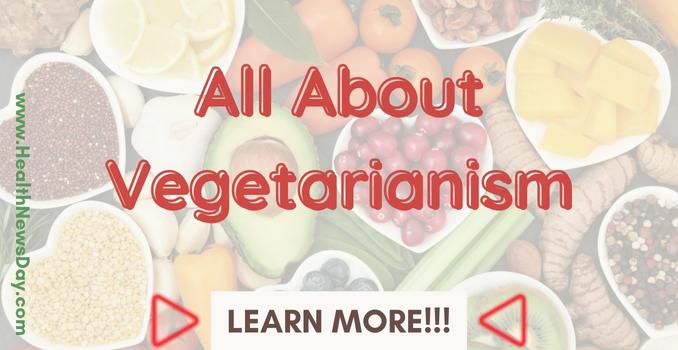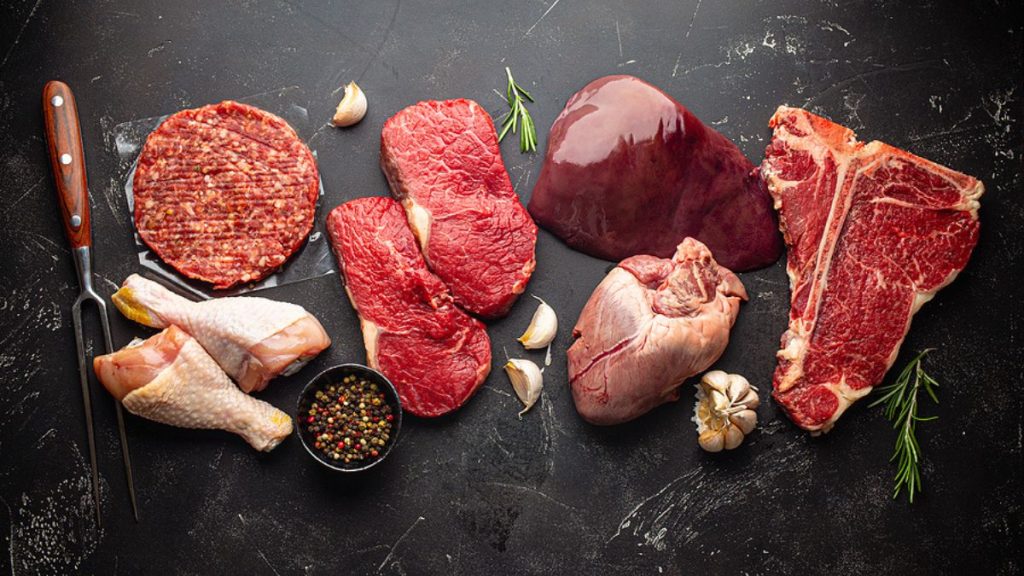Could I survive without ever eating vegetables is the question you can ask yourself if you are wondering I you can do it? Ask any health professional about what a healthy balanced diet looks like, and they’ll probably tell you that you need to be eating a combination of all the major food groups: whole grains, fruits and veggies, lean animal protein, and good fats. Of course, there’s some wiggle room in there depending on which type of nutritional theory you subscribe to (e.g., vegetarian vs. Paleo vs. ketogenic, etc.).
But if we told you that you could live without ever eating another carrot stick, zucchini noodle, or spinach leaf again?
The Inuit Paradox: A Case For Veggie-Free Living
The traditional Inuit/Eskimo culture had what researchers consider the prime (rib?) example of a meat-centric diet. For decades, their populations thrived on seal, walrus, fish, and caribou. Amazingly, anthropological studies have shown their rates of scurvy and other health conditions related to malnourishment were virtually nil.
That’s right: Most Eskimos had healthy bodies and long lives…without a single kale salad to their credit. Scientists tend to agree that the wild meat and organs regularly consumed by these people (often prepared raw) had sufficient vitamins and minerals to generally support human health.
But let’s be honest: most of us don’t live on a tundra and hunt our own food.
In our modern world, it can be difficult (both practically and financially) to find high-quality meats and organ meats like the ones enjoyed by indigenous cultures for years. Because many animals are brought up on corn and in factories for mass consumption, the quality of their products is lower and they lack certain nutrients. Ethical dilemma aside, these conventional animals pale in comparison to free-range, wild-caught game.
Of course, vegetables also pack vitamins and minerals and also offer fiber necessary for gut health. They can easily supplement a meat lover’s diet with things like phosphate, selenium, magnesium, calcium, vitamins C, K, E, A, B, and so on. Plus, they are as low in calories as they are dense in nutrients, helping to fill you up without filling you out.
Plus, aside from offering you several health benefits, they really do taste good. They add a ton of variety of flavor, color, and texture to your plate and can keep you if you think it’s boring.
And no, you’re not a kid anymore. There’s no such thing as a clean plate club for grown-ups. This means you don’t have to wolf down the veggies you don’t like simply because they’re good for you. Find the 4 or 5 veggies you do love, learn how to prepare them (steamed, roasted, sautéed, etc.), and keep them in your gustatory rotation.
Could I Survive Without Ever Eating Vegetables?
Can you live without veggies? Could you survive without ever eating vegetables? Technically, yes. But we’re not too sure why you’d want to.
If you’re in the kind of experimental mood to give up an entire food group, you’re far better off giving up fruit or grains, as the nutritional value they offer can be handily met by veggies alone–plus veggies won’t overload your system with sugar.

Rick Kaselj MS, is a leading kinesiologist and injury specialist as well as co-creator of the best-selling Unlock Your Hip Flexors program. Rick creates exercise programs that help people heal injuries and eliminate pain, so they can go back to living a full, active, healthy life.






